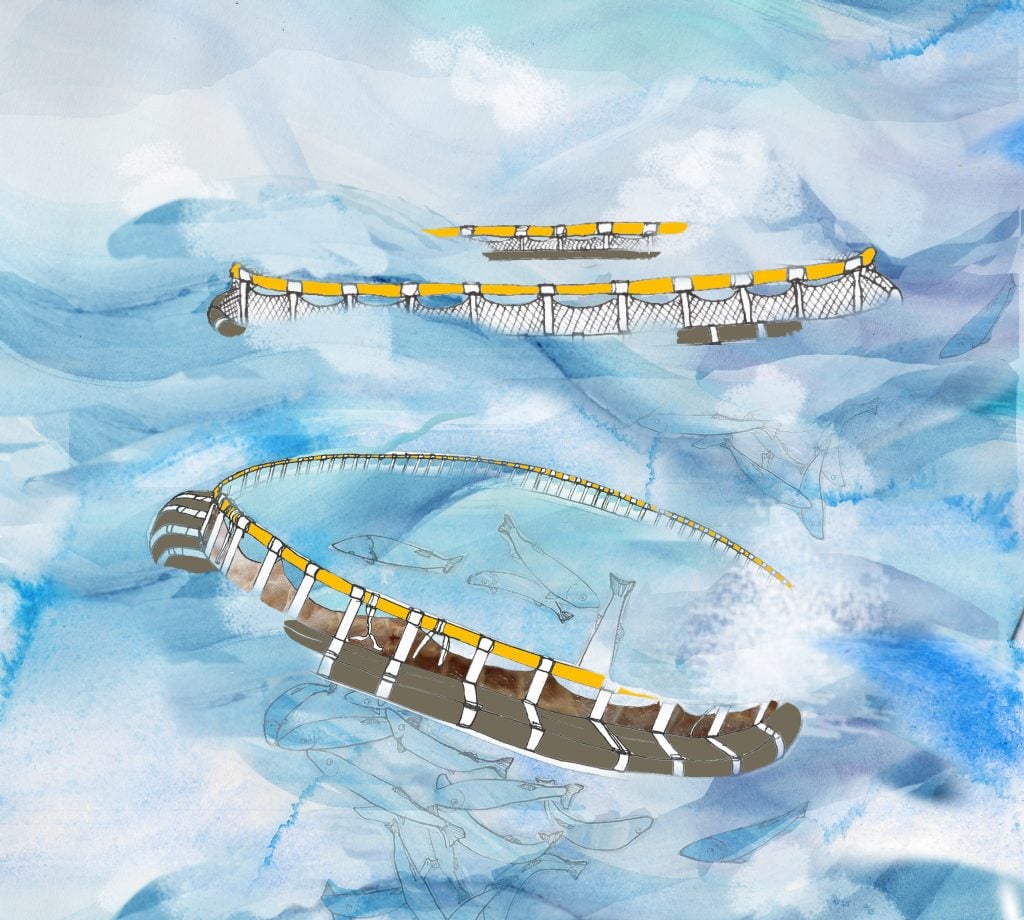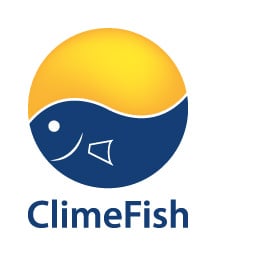C11 – North East Atlantic
Salmon farming in Europe
The major fish species in European aquaculture is the Atlantic salmon (Salmo salar), the total European production in 2015 was 1 558 108 tonnes. The top three producers in the world are Norway (1 290 000 tonnes), Scotland (179 022 tonnes) and Chile (606 453 tonnes). By 2015, Norway alone aim at producing 5 million tons of salmon.
Major impact of climate change
Changes in climate conditions will affect several aspects of fish farming in the north. Since farmed fish are contained, they have little or no possibility to escape a negative environment as opposed to fish in the wild. Farming under sub-optimal conditions may lead to malformation, malfunction, and may be lethal. The optimal temperature range for Atlantic salmon is between 8 and 14°C.
Increased temperature will affect all forms of production parameters in the fresh water and sea water phases, including optimal dietary macronutrient composition, feeding regimes, as well as the frequency and type of bacterial, viral and parasitic outbreaks. Effects of salinity on growth and skin health are partly known for salmon, while effects on pH are less studied. Climatic effects on fish populations exploited for feed production will strongly affect salmon aquaculture production economics, raw material sourcing logistics and eventually final product nutritional quality.
Alongside increased temperature, climate changes comes along with more extreme weather like storms, waves, currents and rainfall, invasive species, algae blooms, jellyfish attacks and increased ocean acidification. This will have a high impact in future farming and put enormous pressure on researchers, farmers, management and technological platforms.
How will ClimeFish contribute
Using data collected at farms along the coast of Norway, on the west coast of Scotland and along the Chilean coastline, ClimeFish researchers will develop, adapt and use biological forecasting models to secure future growth and production of Atlantic salmon until 2050.
The salmon industry is a key aquaculture industry for a successful rapid management response to abrupt changes in the North Sea and the Atlantic Ocean. Risk evaluation and mitigation plans will be developed for all the production systems used for farming of salmon, so that the industry is able to include this in their long-term strategies and investments.


